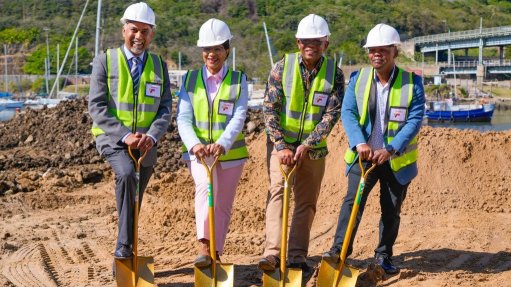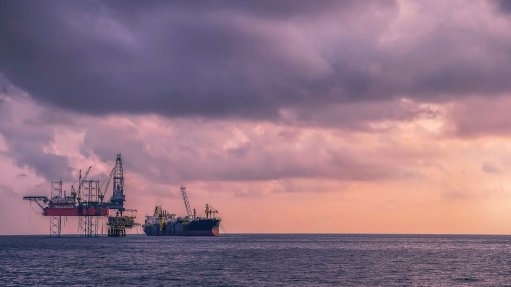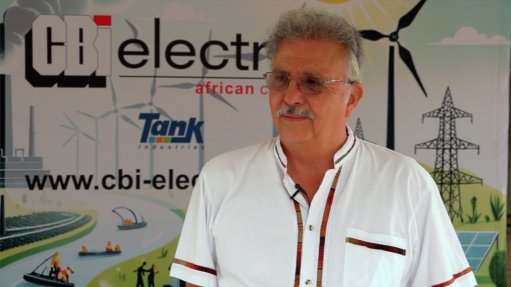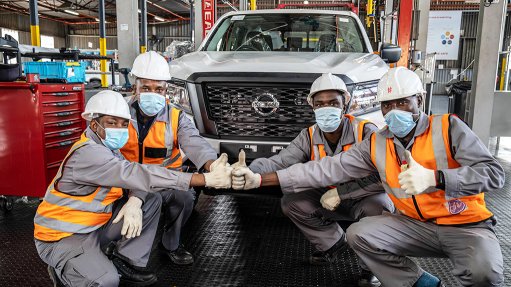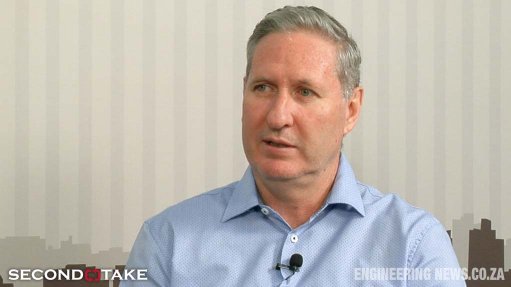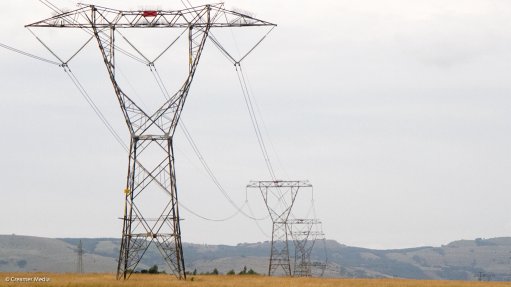Frontier stalemate
A key consensus among Africa’s postcolonial leaders is that the national boundaries drawn by the European powers that partitioned the continent in Berlin in 1884 are as sacrosanct today as they were back then. It is thus confounding that Kenya and Somalia are at loggerheads over their maritime border.
As I wrote in this column a while back, Kenya argues that its maritime border with Somalia runs in a straight line east from where the two countries meet at the coast. Somalia, on the other hand, is adamant that the sea frontier in the Indian Ocean should run in the same direction as the countries’ land border.
Somali’s argument sounds the more logical to me and aligns with the principle that colonial boundaries should be observed, despite their obvious craziness in some cases. One of the absurdities is that many ethnic groups were divided in two, with one half in Country A and the other in Country B. I’ve heard of extended families whose members live literally a few kilometres apart but have different nationalities, simply because between them is a national boundary declared by a group of men (and probably women as well) sitting in a conference hall in Berlin more than a century ago.
But it’s not difficult to understand Kenya’s decidedly warped logic: should it have its way, a 100 000 km2 swathe out in the Indian Ocean that is believed to be rich in oil and gas will legally belong to it.
Perhaps someone should whisper into the ear of President Uhuru Kenyatta, or whoever will succeed him after next year’s elections, that the world is fast moving away from fossil fuels, oil and gas included, making the dispute with Somalia absolutely unworthwhile. Haven’t Kenya’s top politicians heard that bodies such as the International Energy Agency are calling for a cessation of the development of new oil and gas projects in order to meet the goal of net-zero emissions by 2050? The agency’s executive director, Fatih Birol, told the UK’s The Guardian newspaper in May: “If governments are serious about the climate crisis, there can be no new investments in oil, gas and coal from now – from this year.”
Meanwhile, the European Union and the US, as well as the UK, have served notice that, in future, they will stop international financing of fossil fuel projects.
The Kenya-Somalia dispute has been simmering for some time. In 2009, the two countries signed a memorandum of understanding that committed them to pursuing a negotiated settlement. However, five years later, Somalia approached the United Nations’ International Court of Justice (ICJ), claiming the talks had failed.
The ICJ delivered its judgment last week, finding in favour of the Somali position that the marine border between the two countries should run in the same direction as their land border. However, the 14 judges of the ICJ, sitting in The Hague, rejected a demand by Somalia for reparations from Kenya, which it accuses of violating its sovereignty by operating in its territorial waters.
Kenya’s immediate reaction was to reject the ruling “in totality”, accusing the ICJ of bias. For his part, Kenyatta, who has to step down as President next year, having served for the constitutionally permissible two terms, said in a statement that the ruling would “strain the relations between the two countries”.
Kenyatta is correct: the diplomatic tiff with Somalia is bound to continue. But I ask: Is it worth it? In future, our economies will be powered by clean, renewable energy, and everyone will avoid oil and gas, along with other fossil fuels, like the plague.
Since the ICJ is the final arbiter between nations and Kenya has rejected its ruling, it’s unclear what will happen next.
Article Enquiry
Email Article
Save Article
Feedback
To advertise email advertising@creamermedia.co.za or click here
Comments
Press Office
Announcements
What's On
Subscribe to improve your user experience...
Option 1 (equivalent of R125 a month):
Receive a weekly copy of Creamer Media's Engineering News & Mining Weekly magazine
(print copy for those in South Africa and e-magazine for those outside of South Africa)
Receive daily email newsletters
Access to full search results
Access archive of magazine back copies
Access to Projects in Progress
Access to ONE Research Report of your choice in PDF format
Option 2 (equivalent of R375 a month):
All benefits from Option 1
PLUS
Access to Creamer Media's Research Channel Africa for ALL Research Reports, in PDF format, on various industrial and mining sectors
including Electricity; Water; Energy Transition; Hydrogen; Roads, Rail and Ports; Coal; Gold; Platinum; Battery Metals; etc.
Already a subscriber?
Forgotten your password?
Receive weekly copy of Creamer Media's Engineering News & Mining Weekly magazine (print copy for those in South Africa and e-magazine for those outside of South Africa)
➕
Recieve daily email newsletters
➕
Access to full search results
➕
Access archive of magazine back copies
➕
Access to Projects in Progress
➕
Access to ONE Research Report of your choice in PDF format
RESEARCH CHANNEL AFRICA
R4500 (equivalent of R375 a month)
SUBSCRIBEAll benefits from Option 1
➕
Access to Creamer Media's Research Channel Africa for ALL Research Reports on various industrial and mining sectors, in PDF format, including on:
Electricity
➕
Water
➕
Energy Transition
➕
Hydrogen
➕
Roads, Rail and Ports
➕
Coal
➕
Gold
➕
Platinum
➕
Battery Metals
➕
etc.
Receive all benefits from Option 1 or Option 2 delivered to numerous people at your company
➕
Multiple User names and Passwords for simultaneous log-ins
➕
Intranet integration access to all in your organisation






